Joseph Coradino is Transforming PREIT and the Mall Industry
The chairman & CEO of Pennsylvania Real Estate Trust is transforming its malls with elevated shopping choices and increased dining, entertainment and cultural offerings and adding co-working, office, residential and hotel mixed uses.
By Gail Kalinoski
Joseph Coradino, chairman & CEO of Pennsylvania Real Estate Trust, was trained as an urban planner, receiving a bachelor’s degree from Temple University in his hometown of Philadelphia and a master’s degree from the University of Arizona.
Those skills have played an important role in his success as the head of a company that owns and manages 22 malls, mostly in the Mid-Atlantic region.
CEO of PREIT since 2012 and chairman of the Board of Trustees since 2017, Coradino has been with the REIT and its predecessor, The Rubin Organization, for 35 years. He served as president of PREIT Services LLC and PREIT-RUBIN Inc. from 2004 and 2012 and as executive vice president-retail from 2001 to 2012. Between 1998 and 2004, Coradino was executive vice president-retail division and treasurer of PREIT-RUBIN Inc.
But the foundation of his entrepreneurial spirit can be traced back to the streets of South Philly.
“I was a kid who grew up in South Philadelphia. Neither of my parents finished grade school. My dad passed away when I was 18. I had to put myself through college and through graduate school. I used to call it working without a net,” Coradino said.
“I was always an entrepreneur,” he shared. “I started a series of companies as a teenager – building maintenance, janitorial services for local residences and commercial buildings. I would go buy a thousand Christmas trees and stand on the corner and put together a group of people to work shifts to sell the Christmas trees.”
Joseph Jacovini, who also grew up in South Philadelphia and went to the same high school as Coradino, notes those South Philly roots provide “an education in life.”
“As I’ve seen Joe advance in the real estate world, two things come to mind in the sense of his success. From the standpoint of results, I think it’s clear that he is one of the most well-prepared executives I’ve ever met. He simply doesn’t know the material and the facts – he owns it. He just absorbs it. He has a phenomenal quality that enables him to see all the facets of a problem and an opportunity. Really knowing and commanding the facts I think is one of his great attributes,” said Jacovini, an attorney with Dilworth Paxson LLP in Philadelphia who has worked with Coradino for many years on business deals and non-profit events.
Finding His Passion
After a year in the Army, Coradino went to college and then on to graduate school, where one of his professors was a retired president of Federated Department Stores Inc. who helped him land his first job leasing space in malls for Kravitz Properties.
“When I had the opportunity to be in the real estate business, I thought I went to heaven,” he shared. “When I got into the business world and I had an opportunity it was like ‘Whoa!’ I was on a tear. I never tired of it.”
After Kravitz, Coradino joined Jackson Cross Partners, where he leased office space.
“I really wanted to see what the office building business was like, so I made a bit of a shift for awhile. I did office buildings for about 15 years and then came back into the retail business. It’s pure coincidence given what’s happened in our business so having experience in both of those areas is pretty cool,” he said.
In July, PREIT announced a partnership with 1776, a firm with a large network of incubators for start-ups and entrepreneurs in flexible, co-working spaces, to establish a retail and e-commerce incubator at the Cherry Hill Mall in New Jersey. The incubator will have 11,000 square feet in the 1.3 million-square-foot mall that serves Southern New Jersey and Philadelphia when it opens in November.
“We think it’s going to be a real winner. I look forward to doing more. I don’t think this is a one-off deal,” he noted. “We’ll continue to look for innovative concepts and first-to-market concepts to bring to our properties.”
The addition of 1776 to the Cherry Hill Mall is an example of the investing and repositioning PREIT has been doing for the past several years.
“There are challenges every day that we face in the real estate industry. It’s in a constant state of change. There are challenges, but hey, they’re exciting challenges. We certainly think we’ve done a great job overcoming them and redefining our properties,” Coradino said.
“It adds to the excitement. It adds to the electricity. Nothing is cookie cutter any more…those days are gone,” he said. “We look at every property as a one off and a solution.”
Transforming the Malls
Long before it was an industry trend, Coradino was focused on remaking the malls in the company’s portfolio by boosting the retail mix and adding more dining, wellness and entertainment options. Food, beverage and entertainment previously accounted for about 10 percent of a typical mall but those numbers are nearing 25 percent and in PREIT’s case, growing. PREIT added Dave and Buster’s, a food and gaming restaurant chain, to the Plymouth Meeting Mall in Pennsylvania in 2009 and a Whole Foods store in 2010, the largest in the Philadelphia market and one of the first grocery stores on a mall property. The 948,000-square-foot center, where almost half the space is devoted to dining and entertainment, also has a 12-screen AMC multiplex; Legoland Discovery Center; 5 Wits, a live action entertainment escape room; Cyclebar; and Busy Bees Pottery & Arts Studio.
In August, PREIT announced the next phase in the mall’s transformation with three new tenants leasing the former Macy’s space – Burlington, DICK’s Sporting Goods and Edge Fitness.
“We’re pretty excited,” Coradino said. “Plymouth Meeting was a property we have been working on since 2003. We landed Legoland and we got that Macy’s store back and DICK’s Sporting Goods going in there along with Burlington and Edge Fitness, all of a sudden a property that was kind of teetering is a real winner. It’s going to be a great success story.”
The anchor replacement program and the disposition of 17 non-core malls have been crucial elements in PREIT’s efforts to reposition its shopping centers. In its 2018 second-quarter earnings report, PREIT said 280,000 square feet was under construction in former anchor boxes this year and 230,000 square feet in leases has been executed for 2019 in former department store space. In another example of being ahead of the curve, of the 17 centers the company sold, more than two dozen department stores in them have since closed.
In April, the REIT noted that proactive recapture of 11 department store anchors led to replacing those spaces with 17 sought-after tenants, spanning seven diverse uses and paying 8 times the previous rent. Those comments came as the department store chain Bon-Ton announced its liquidation. Because of PREIT’s anchor replacement program, the company’s exposure was minimal because it only had two Bon-Ton stores.
“We think one of our advantages is the fact that we are a medium-sized company. We can be very nimble, very close to our assets,” Coradino said.
The transformation of the portfolio quality has led to NOI-weighted sales per square foot of $501 as of the second-quarter, up from $365 per square foot in 2012. Projections for 2019 are $526 per square foot.
“He has accomplished a tremendous amount at PREIT in terms of repositioning the portfolio and the company in a fairly short period of time. Joe is very open-minded in approach, which serves him and his shareholders well,” said Michael Graziano, managing director, Global Head of Real Estate at Goldman Sachs & Co, who has gotten to know Coradino well during his tenure as PREIT CEO.
“I think a lot of his success stems from his straight-forward, no-nonsense way of dealing with people and issues,” Graziano added. “He’s a ‘do-er’ – he’s not afraid to make decisions, and then he immediately executes on them.”
Creating New Ventures
For several years, the company has been working with joint venture partner Macerich on the $420 million redevelopment of the Gallery mall into Fashion District Philadelphia that will have more than 800,000 square feet of retail, dining and entertainment and cultural events. The opening has been pushed back about a year to Sept. 19, 2019, mostly due to the need to raise the top of one building to accommodate stadium seating in the AMC multiplex theater. Meanwhile, more than 80 percent of the retail space has been leased or is in negotiations. Two food halls are planned and new dining tenants include City Winery, which offers concerts, food and wine classes, and fine dining, and Dallas BBQ, the brand’s first restaurant outside New York City.
“It’s going to be a really exciting new and different retail development,” Coradino said.
One new venture that Coradino is excited about – and that harkens back to his urban planning studies – is the launching of PREIT’s residential and hotel initiative. The company is selling land at the Exton Square Mall in Pennsylvania to a joint venture partner to add about 350 multifamily units. He said two hotel deals were also in negotiations.
“We think we can do as many as 7,000 residential units in our portfolio and about 3,000 hotel rooms,” Coradino said.
The hotel and residential uses would be added at PREIT-owned malls in the Philadelphia and Washington, D.C., metro area, he said, noting they are “ripe and appropriate for mixed use.”
“It’s good smart growth,” he added.
For Coradino, one of the aspects of his urban planning studies he liked best was “the creative part, putting together the pieces of a city.”
He’s doing that now at PREIT properties, transforming its malls with elevated shopping choices and increased dining, entertainment and cultural offerings and adding co-working, office, residential and hotel mixed uses.
As Coradino likes to say, “It’s not your grandmother’s mall anymore.”





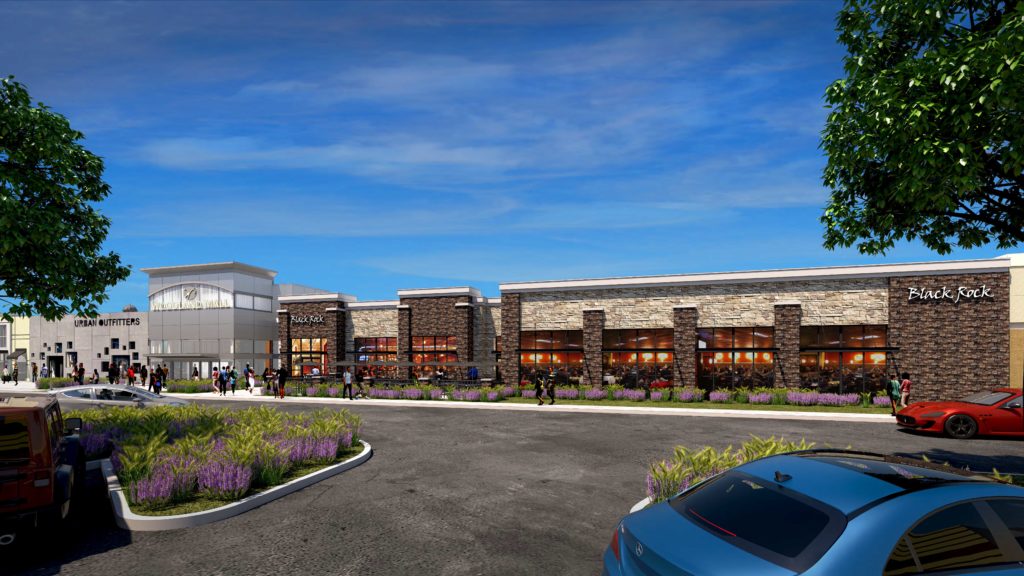
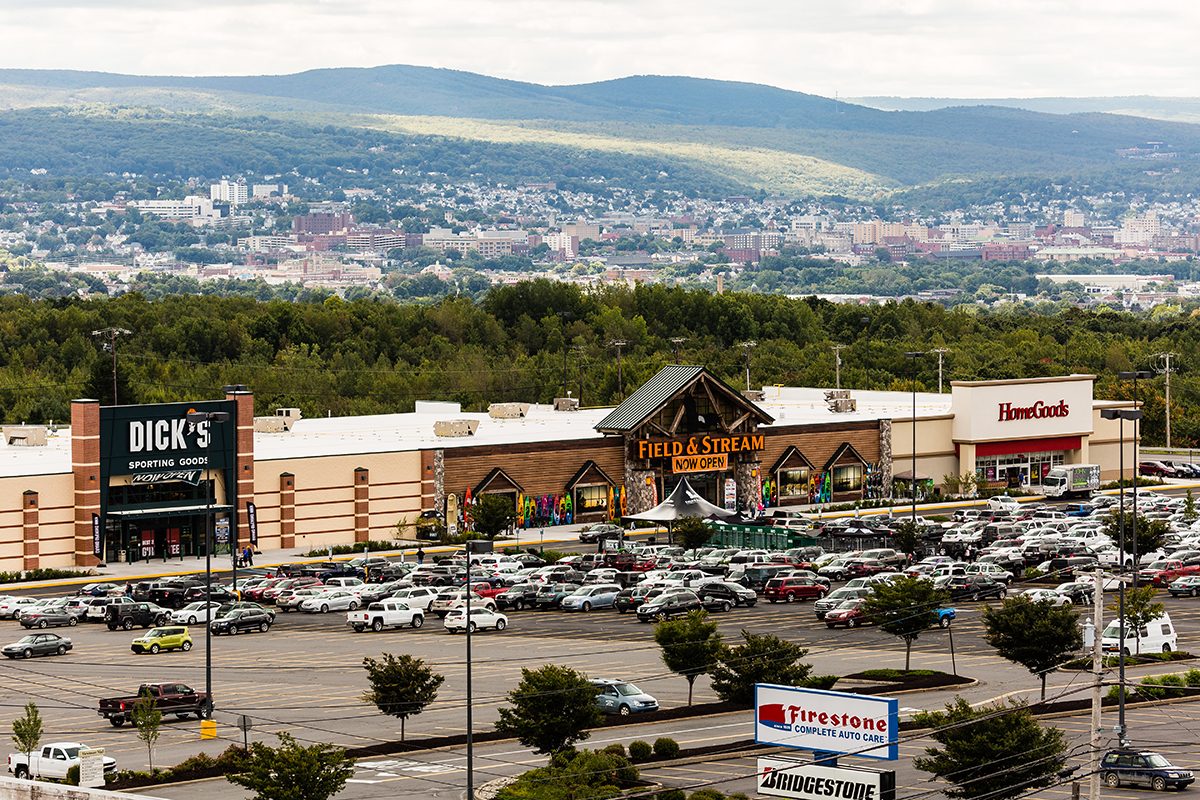



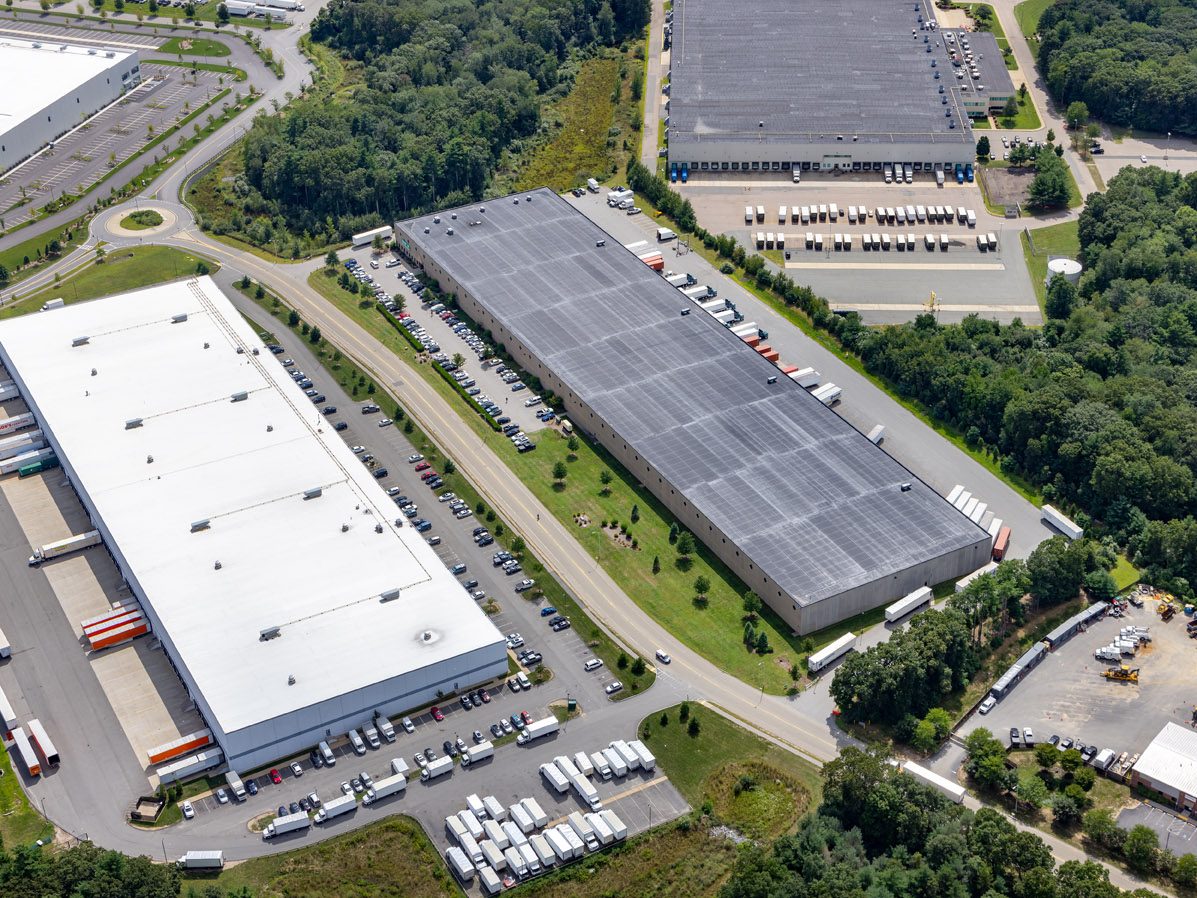
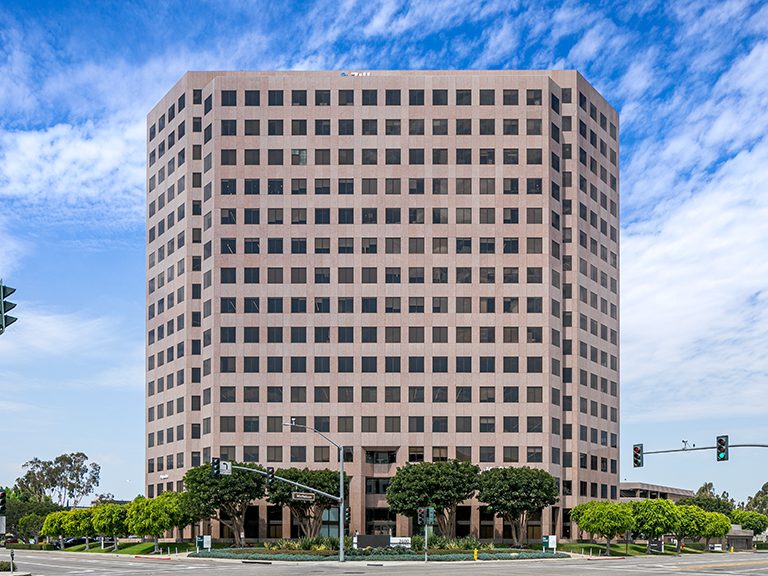
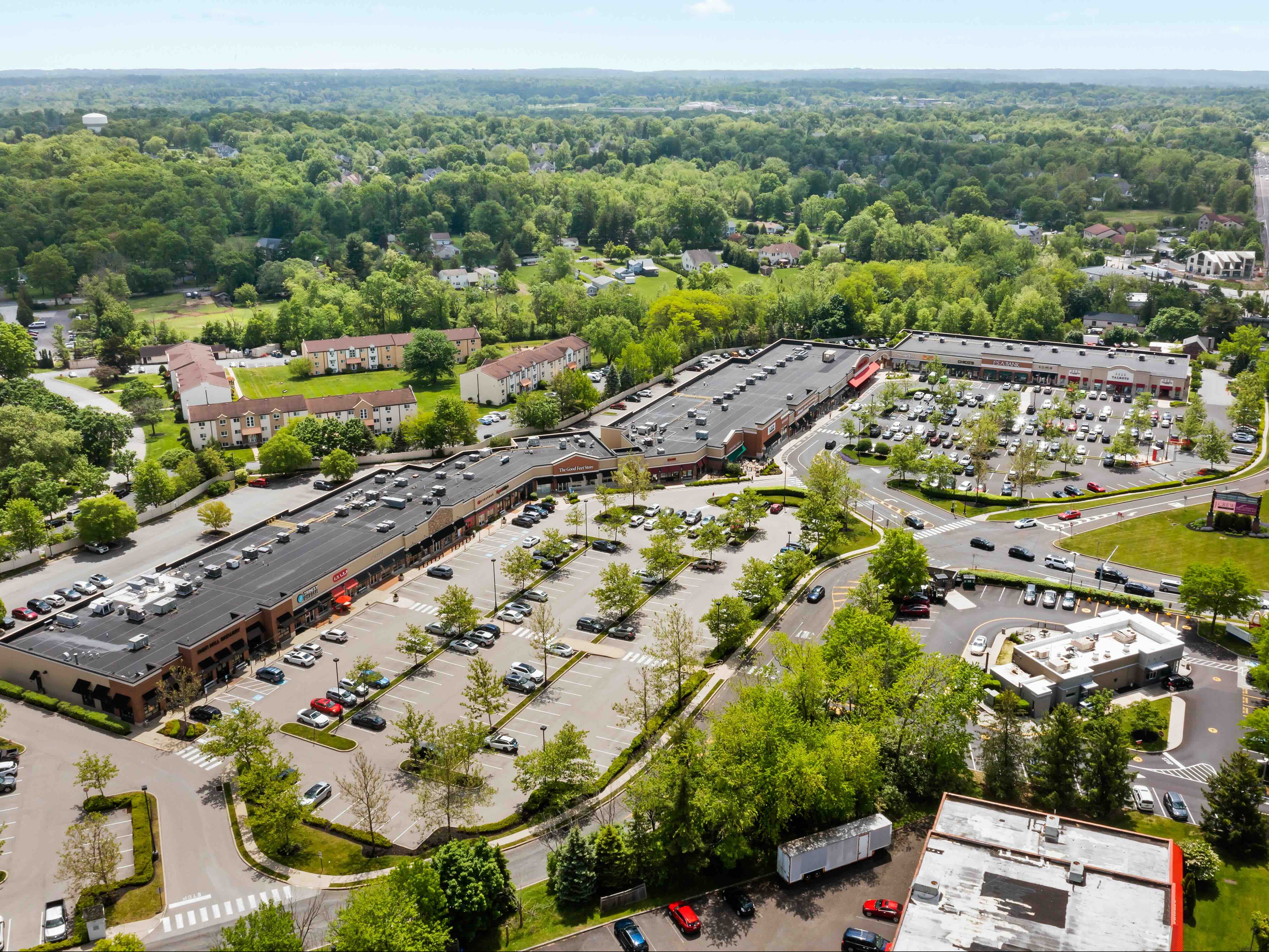
You must be logged in to post a comment.